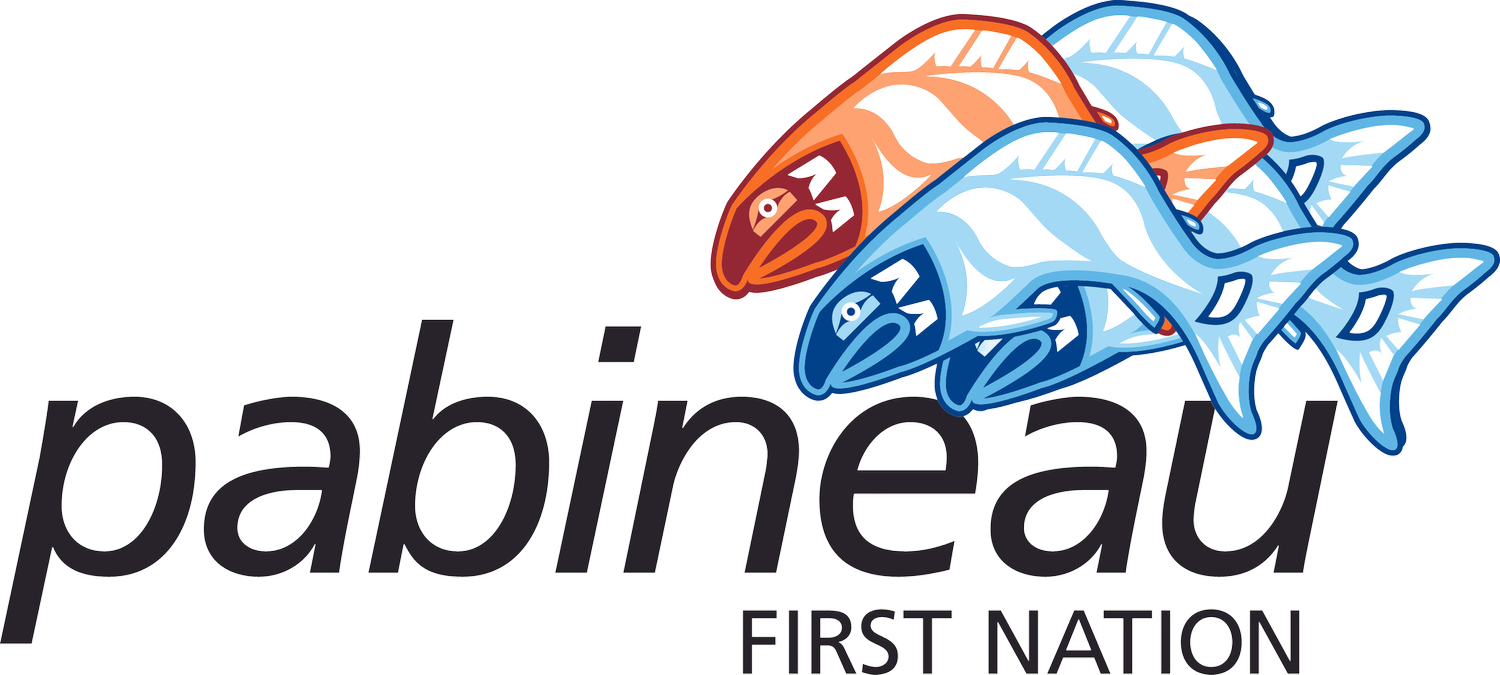Honouring Tradition: Moose Call Making at Pabineau First Nation
For generations, the moose has been an essential part of Mi’kmaq culture, providing food, clothing, tools, and spiritual significance. The practice of moose call making is more than just a skill—it is a sacred tradition passed down by our ancestors, deeply rooted in respect for the land and the animals that sustain us.
On February 20, 2025, Pabineau First Nation will be hosting a Moose Call Making Workshop at the Pabineau Bandhall, facilitated by Amy Rose Aubie. This event is an opportunity for community members to learn, connect, and honour our heritage through the traditional art of moose calling.
The Cultural Significance of Moose Calling
In Mi’kmaq tradition, hunting was never just about survival—it was about respect. Every hunt required preparation, patience, and an understanding of the natural world. Moose calling played a crucial role in this, allowing hunters to communicate with moose in their natural environment. By mimicking the sounds of a cow moose in heat or the grunts of a bull, hunters could lure moose closer, ensuring a more ethical and efficient hunt.
The Mi’kmaq word for moose, tǝlamu, reflects the deep connection between our people and this sacred animal (Mi’kmaq Online Dictionary, 2024). Moose were never taken for sport—only what was needed was harvested, and every part of the animal was used in accordance with traditional teachings.
How Moose Calls Are Made
Traditional moose calls were often crafted from birch bark or hollowed-out wood, shaped into a cone to amplify sound. The birch bark call, known for its lightweight design and natural acoustics, is one of the oldest and most effective methods still used today. Some calls were also made from horn or bone, depending on the region and available resources (Battiste, 2016).
At our workshop, participants will learn to create and use a moose call, gaining hands-on experience in a tradition that has been practiced for centuries. Each call is unique, just like the voice of its maker, and carries the spirit of those who have come before us.
Honouring Our Ancestors Through Traditional Knowledge
Reconnecting with traditional skills like moose call making is a powerful act of cultural preservation. Colonization disrupted many Indigenous practices, but by reclaiming and sharing this knowledge, we continue to honor our ancestors and strengthen our community.
Workshops like this ensure that traditional hunting methods remain alive—not just as a tool for sustenance, but as a cultural practice that embodies respect for the land and all living things.
By learning, practicing, and teaching moose calling, we honor the legacy of our ancestors and pass their wisdom to future generations.
Event Details & Registration
📅 Date: February 20, 2025
⏰ Time: 5:30 PM – 7:30 PM
📍 Location: Pabineau Bandhall
🍽 Meal Included
👤 Facilitator: Amy Rose Aubie
Sign Up:
📞 (506) 549-9900
📧 Brittany.pabineau@gmail.com
Whether you’re a hunter, a cultural enthusiast, or just looking to connect with tradition, this workshop is for you. Join us for an evening of learning, storytelling, and cultural revival. 🦌🎶
Sources
Battiste, M. (2016). Living Indigenous Leadership: Native Narratives on Building Strong Communities. UBC Press.
Mi’kmaq Online Dictionary (2024). Mi’kmaq words and meanings. Retrieved from https://www.mikmaqonline.org
